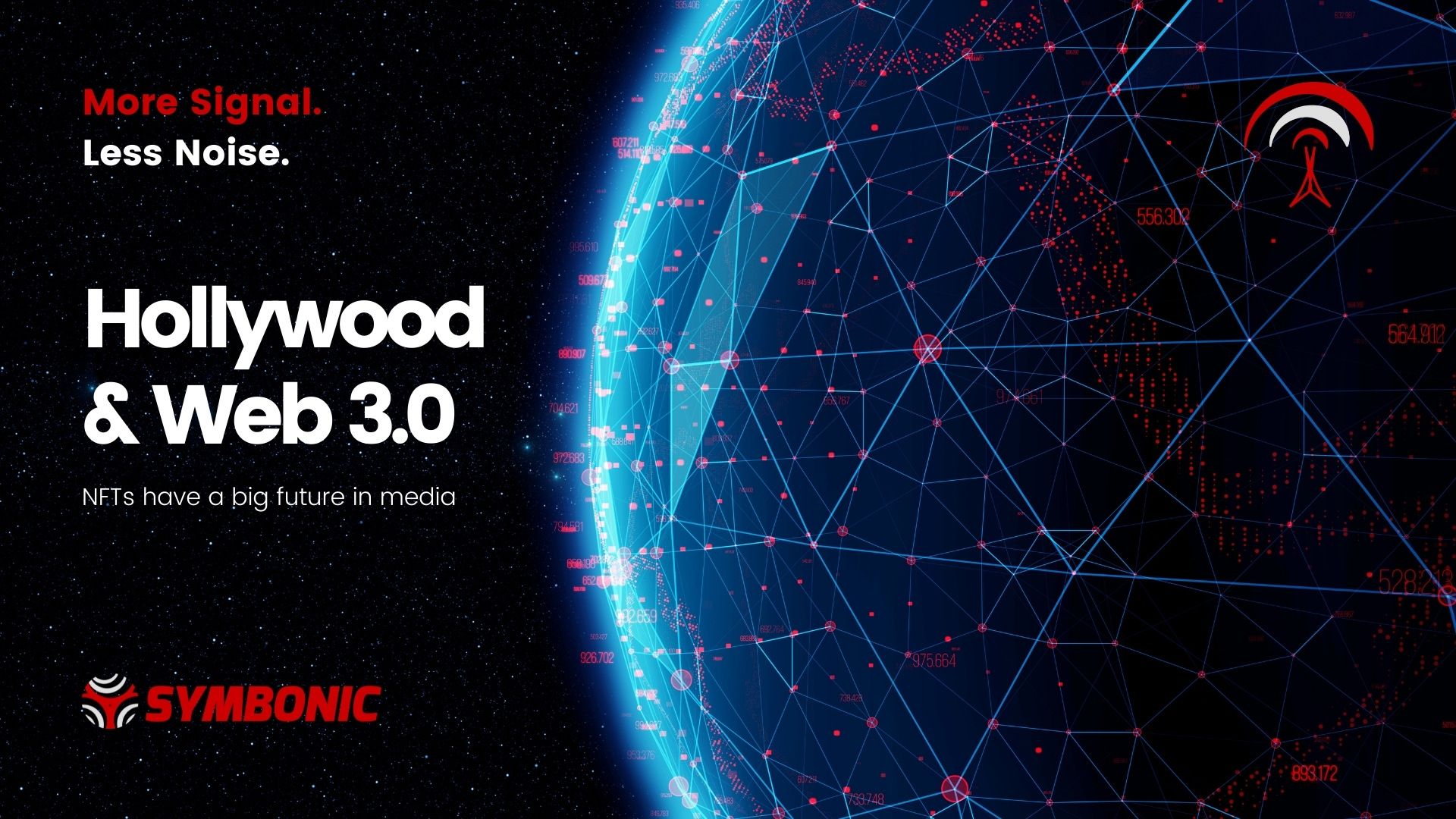By now, most of us have at least heard of Non-Fungible Tokens (NFTs), and probably even seen them out in the Wild West that is the internet. Non-Fungible Tokens are unique and non-interchangeable units of data that are stored on a digital ledger, used to represent digital art or any other unique asset (learn more information
here). NFT projects, like NBA Topshot, CryptoPunks, Boss Beauties, and Bored Ape Yacht Club are proving that there is a fortune to be made in this emerging space.
For most people owning a JPEG, or any other digital asset, may sound ridiculous at first, but all this hype is made possible thanks to blockchain technology, a decentralized and distributed digital ledger that records and verifies transactions as well as a digital asset’s provenance, and things called “smart contracts.”
People can now prove ownership of digital art, meaning even a simple graphic can become extremely valuable if it is deemed collectible. Also, because it is decentralized, royalties from any resale can also go back to the original creator. This transition from centralized ownership of digital content, to the creator having control is the foundation of
Web 3.0 — the next evolution of the internet.
A brief overview of Web 3.0
You might not have realized this, but the internet has evolved in distinct stages.
If we look at the early internet in the context of consumable media, Web 1.0 had very few “creators” besides companies, government entities, and some individuals posting static pages of information. The creator of the content had total ownership, but there wasn't much profit to be made.
Web 2.0 introduced web applications where users have accounts, including sites like Facebook, Instagram, and YouTube, introducing content creation and consumption to the masses. These tech giants provide users with spaces to upload and share their content in exchange for large swaths of user data, which is then used to sell ads.
Web 3.0 will combine the individual content ownership of Web 1.0 and the opportunity for mass engagement with community and commerce offered by Web 2.0. Instead of ads, however, creators will control how profit is generated from their content, circumventing any possible exploitation by a centralized third party.
While no one knows exactly where things are heading, we do know creators around the world are going to have increased agency to upstart their own creative careers without relying on social media platforms to profit.
Why does this really matter for the entertainment industry?
Big media and entertainment decision-makers need to be thinking years ahead in order for their businesses to succeed. They should also recognize the major convergence of tech, media, and entertainment that's been ongoing for years. That’s why studio executives, major IP holders, and visionary creators are all scrambling to get in front of the next evolution of the internet.
We've already seen a few exciting examples of filmmakers taking advantage of NFTs to distribute and promote projects. We Are As Gods, a SXSW 2020 documentary by directors David Alvarado and Jason Sussberg, ran an NFT campaign that offered unique digital collectibles that will unlock a gated site where NFT holders can watch the film.
The Hollywood Reporter says, Indie filmmaker Kevin Smith announced that he would auction off his entire horror feature anthology Killroy Was Here as an NFT. This is a big step for independent creators that want to bring their projects directly to market without compromising with larger distributors.
While independent creators, artists, and filmmakers can benefit greatly from distributing and promoting their work via NFTs, so too can big studios.
The key thing to remember is that any unique digital asset could be an NFT. This opens new doors for brands to profit off of digital collectibles and unique tokens that existing fan bases would want to engage with.
Think about Marvel, for instance. For decades, Marvel has sold physical merchandise, like action figures and clothing in order to increase revenue streams from their intellectual property. Now, Marvel can create a whole new set of digital merchandise in the form of NFTs. This could include anything from digital characters, to original copies of movie scripts. Additionally, not only do they profit off of the initial sale of said NFTs, but unlike physical merchandise, Marvel can continue to make royalties of each subsequent sale.
Hopefully you're starting to see why everyone is eager to hop on the Web 3.0 train.
Is this really already happening or is it all theoretical?
Big companies see what's on the horizon and are already making big moves.
Production company Legendary Entertainment has dipped their toes into NFTs with a seven piece Godzilla vs. Kong NFT collection by digital artist BossLogic.
UTA is now representing NFT Projects from Larva Labs, including CryptoPunks — 10,000 unique pixel art characters, ranging in value from six to nine figures each.
Facebook's announcement to rename itself Meta, ties directly into what many in the NFT space have already been calling "the metaverse," a virtual, interconnected world where people can interact and exchange digital assets and currencies.
Fox already
plans to double down on its initial $100 million investment into its blockchain division — the first of its kind at any major TV studio. According to Axios, Scott Greenberg, the CEO of Fox's Blockchain Creative Labs division, "sees NFTs and other digital assets as an opportunity to create more fan engagement not just across all of Fox's properties, like Fox Sports, Fox Entertainment and Fox News, but third-party franchises too."
Innovators are driving the prevalence of NFTs across the media and entertainment landscape. The opportunity to tap straight into new and existing communities through a virtual world filled with digital property, tickets, prizes, collectibles, and content is just around the corner. This is the future of Hollywood.



